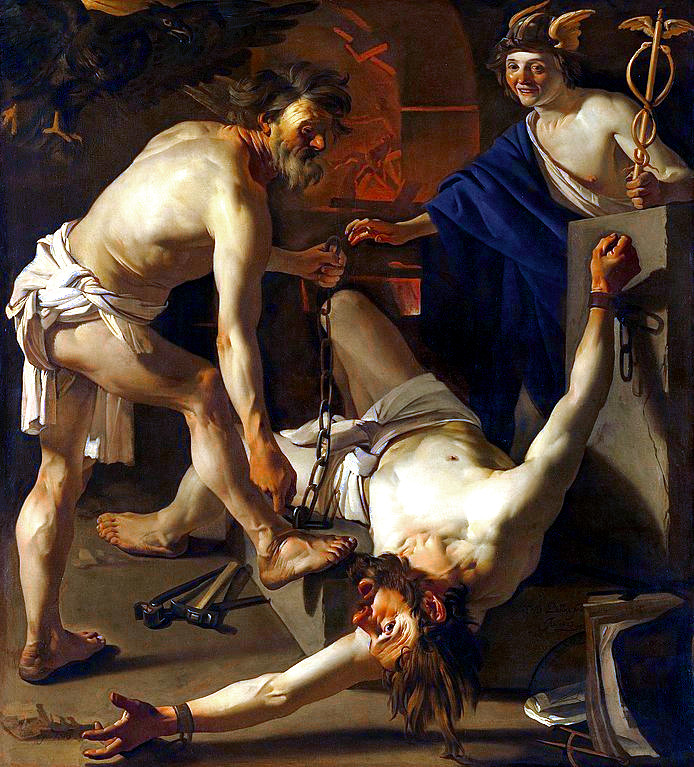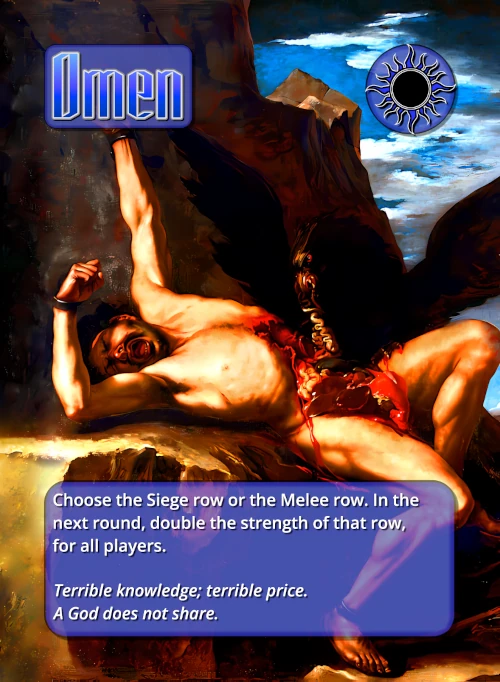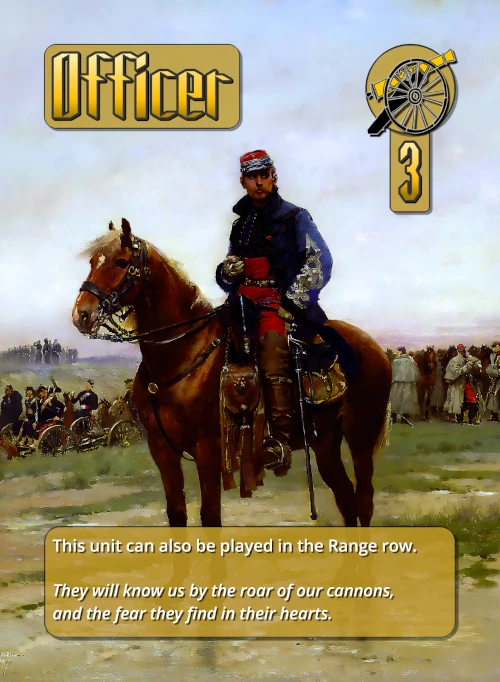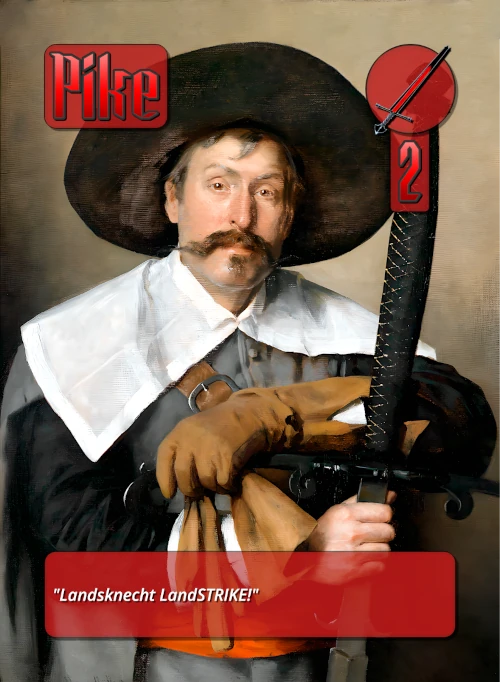Type: Weather Power
Effect Text: Choose the Siege row or the Melee row. In the next round, double the strength of that row, for all players.
Flavor Text: Terrible knowledge; terrible price. A God does not share.
Artwork: The Torture of Prometheus by Salvator Rosa (1648)
Strategy:
Weather cards, like Omen, which double the strength of a row next round have the advantage that you choose the row, but the disadvantage that your opponent can also capitalize on this information. For this reason, it’s best to play these cards in a row that your opponent has already heavily played in so far (in the hope that they don’t have many of these units left for the next round). Alternatively, trick your opponent by combining with a card like Gale which can move the weather: (1) declare a row to double next round, then (2) move the weather to a different row late in the next round. Remember, you must declare the weather’s row when the card is played.
About the card:
What things are better left unknown and unseen? Kai Bird's American Prometheus might be one answer to this question. In the 2005 biography of Robert Oppenheimer, Bird paints a picture of atomic bombs as the new fire that will consume the world and Oppenheimer as the new Prometheus, emotionally tortured and publicly pilloried for his hand in creating the Bomb during World War II. But knowledge, once disseminated, is impossible to contain again. After all, what leader, once given the power to destroy the world with the press of a button, would readily give up that power? Should they give it up if it leads to a more peaceful world? This might be why Prometheus who was tortured by the Gods of Olympus for giving fire to humanity is often associated with Pandora.

After Prometheus steals the fire of the Gods, Zeus sends Pandora to humanity with a jar containing all of the evils of the world in it (see also Famine). Curious about its contents, Pandora opens the jar and Disease and Sorrow and other curses escape leaving only Hope in the jar. Maybe the fire Prometheus stole was also one of the evils to escape the jar, and maybe hope is all we have left to contain it. Either way Prometheus is chained to his rock and cannot help us.

In the 19th century, Mary Shelly, inspired by medical experiments showing how the body could be contorted involuntarily by the application of electricity, wrote Frankenstein; or, the Modern Prometheus. In Shelly's novel, Victor Frankenstein, a slightly crazed medical student, brings life to an amalgamation of body parts stolen from fresh graves, sewn together, and animated by the application of electrical forces (see also Officer). Having imbued life, Frankenstein is horrified by his creation and shirks his responsibilities as father to the monster and is forced to watch as the monster destroys everything good about his life.
The power of life and the power to destroy are linked in the fire.






